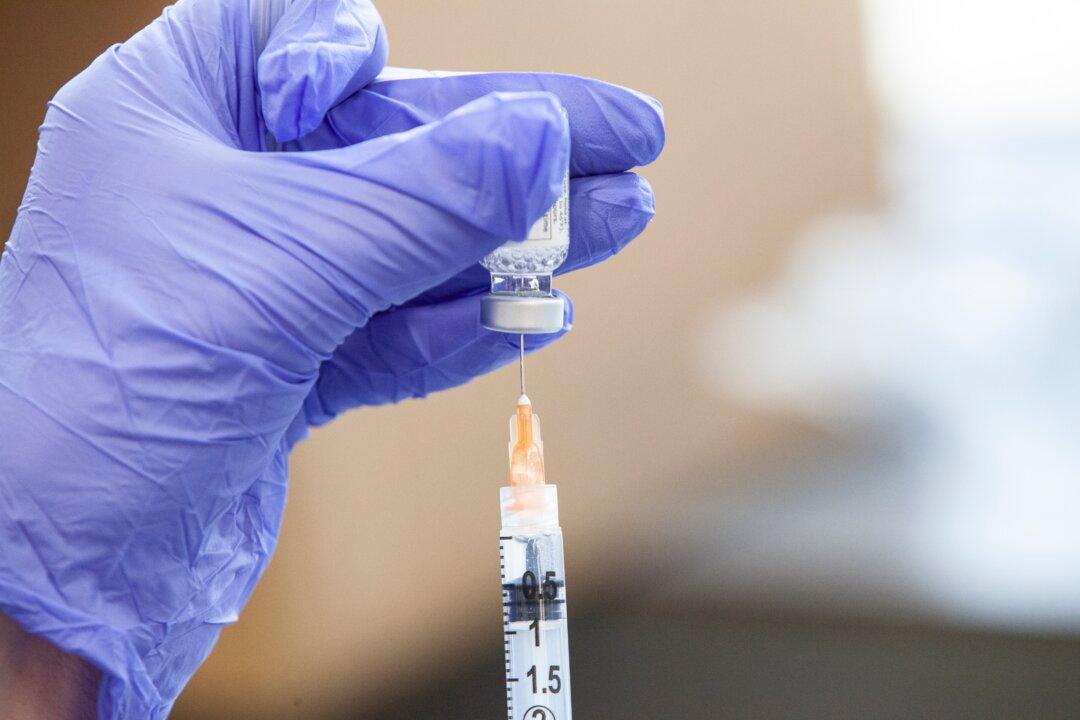The federal program that has compensated just four people for COVID-19 vaccine injuries violates the U.S. Constitution, according to a new lawsuit.
The Countermeasures Injury Compensation Program (CICP) is a “kangaroo court” that runs afoul of Americans’ constitutional rights, including the right to due process, the suit says. Lawyers for the plaintiffs, who developed issues such as Bell’s palsy following COVID-19 vaccination, said that’s in part because unidentified people review the claims and appeals.





